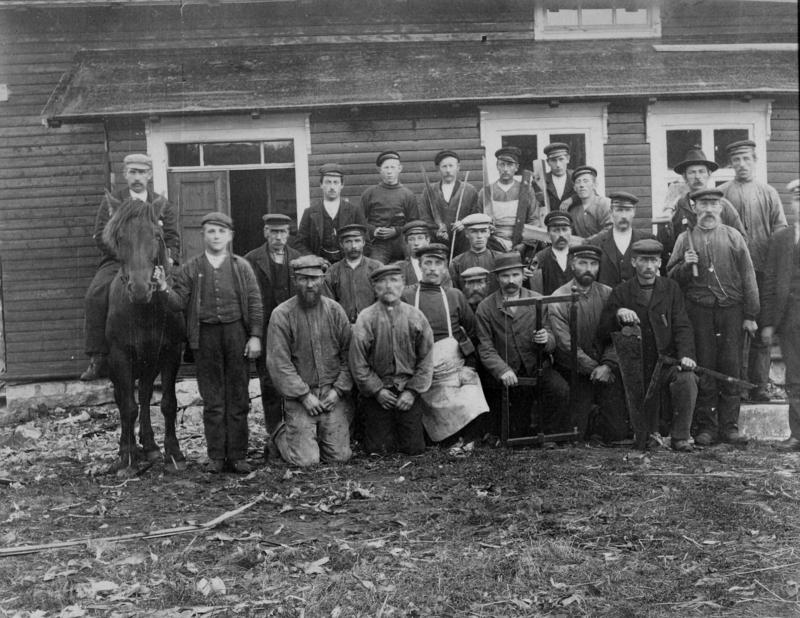- 1/1
Sogneprest og forsker Eilert Sundt med familie. Foto: Digitalt museum
Sundt’s interest in the Tater people started when he was a teacher at the Kristiania Tukthus prison. There, he also found his most important informants. One of the problems with his research is that it is based on a small number of informants from the same family.
Sundt’s recognition of the Tater people as a distinct group did not lead to anything positive, however, as he described them in entirely negative terms. For instance, he described them as a “disagreeable sort, swarthy, alien, distrustful, and suspect people” (Haave 2000).
Sundt shared the public perception that “vagrants” were a social problem, and that they needed help to achieve a life of dignity through permanent residence.
Between 1848 and 1875, he was granted a stipend from the Norwegian parliament to study the Tater people. The goal was to make them sedentary and give them a Christian education. But since his work led to few measurable results, the support was subsequently terminated.







